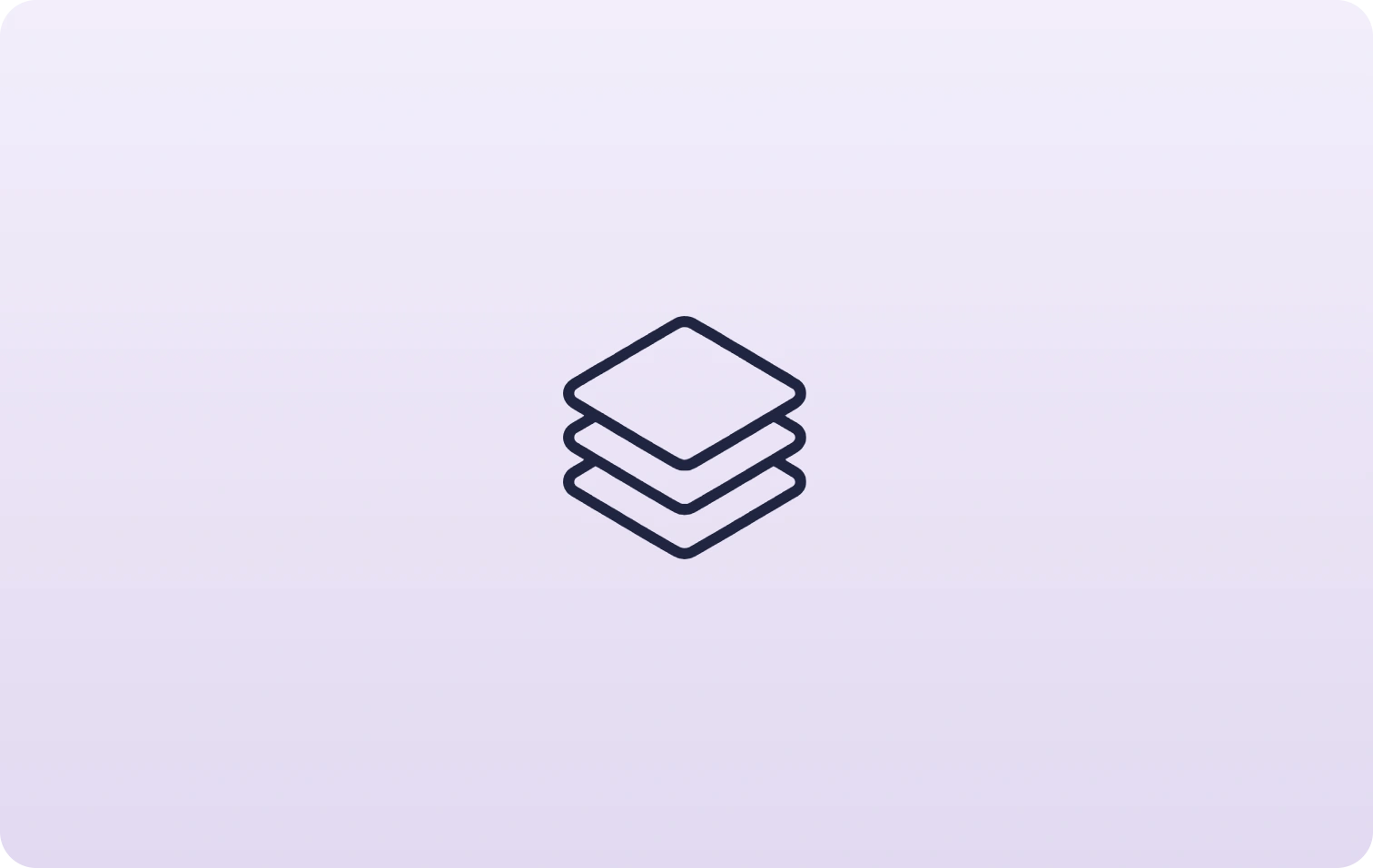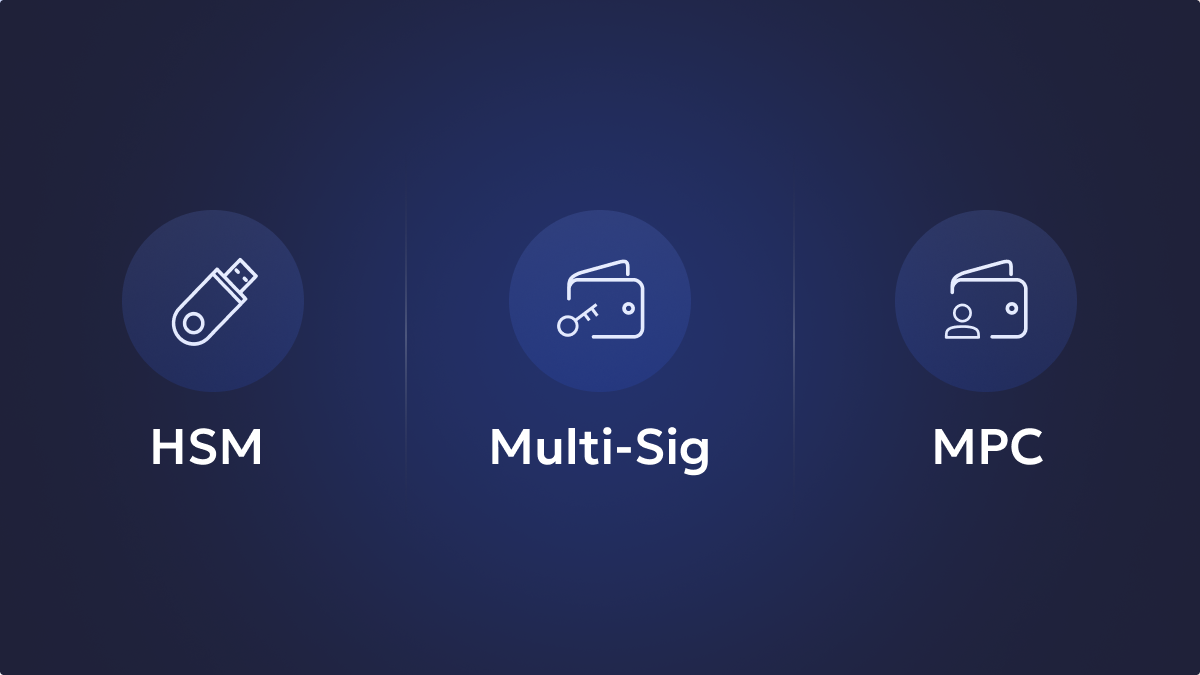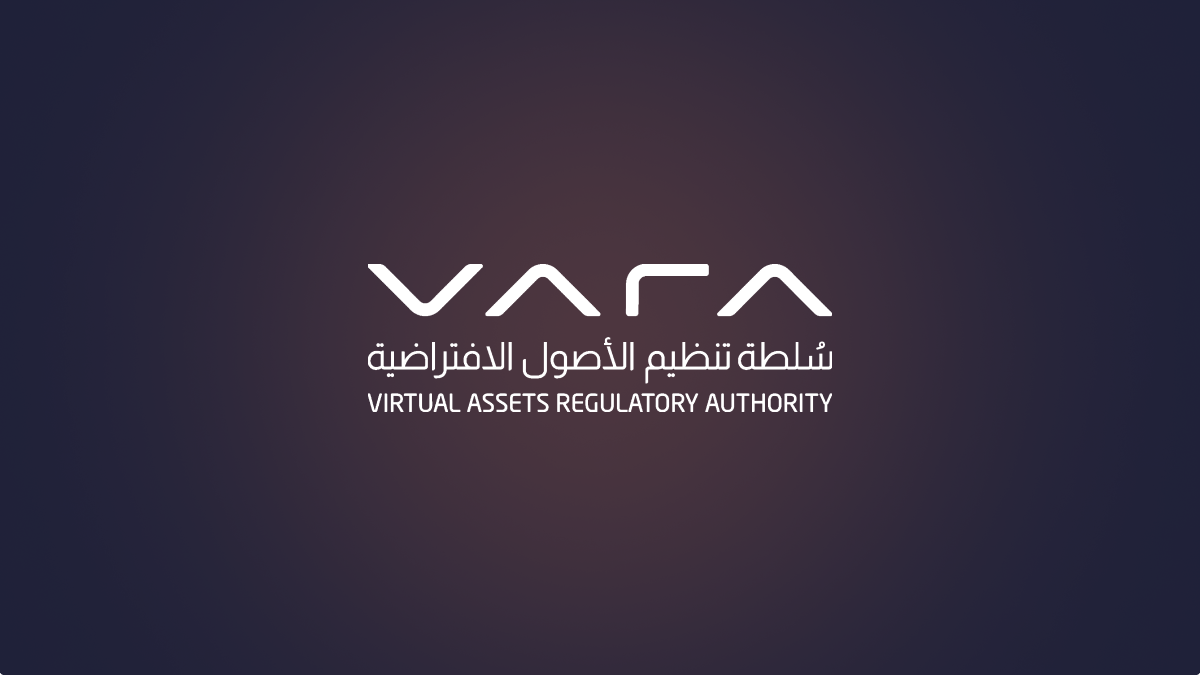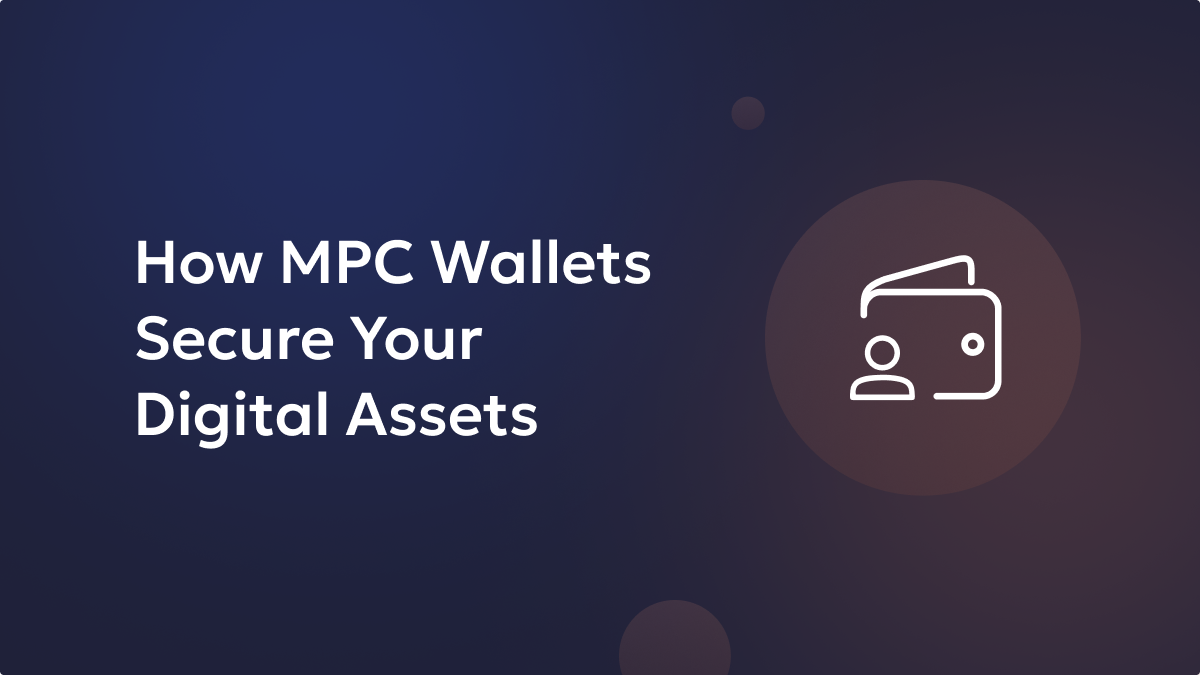Decentralized Apps offer a radical new way of designing and developing applications employing cutting-edge decentralized ledger technology to do away with centralized intermediaries and middlemen.
What are Decentralized Apps (DApps)?
DApps or Decentralized Apps are open-source software/ web-based applications developed to operate on peer-to-peer (P2P) blockchain protocols rather than centralized servers.
Open source
The primary requirement for an application to qualify as Dapp – it’s the source code must be up for review by everyone. The Decentralized Apps must operate without any centralized intermediary or third-party intervention. For instance, consider other blockchain protocols. The source code of the Bitcoin protocol is open-sourced. Thus, imbuing trust and ensuring transparency across the crypto-ecosystem. On top of that, there is no majority owner of bitcoin. Throughout the bitcoin ecosystem, the consensus is achieved using a proof of work mechanism. Moreover, the proof of work algorithm is also open-sourced. On the other hand, Ethereum is another blockchain protocol that supports a rich array of Decentralized Apps. The core source code of the entire Ethereum blockchain is also open-sourced – users can refer code on GitHub. Throughout the Ethereum ecosystem, the consensus is achieved using a proof of work mechanism. Moreover, the proof of work algorithm is also open-sourced.
Unlock the potential of digital assets for your institution
Decentralized
The applications built, deployed, and run on a decentralized ledger technology or blockchain are called Decentralized Apps. The distributed and decentralized nature of the DApps helps ensure that the Decentralized Apps and associated infrastructure is not vulnerable to a single point of failure or central point of attack. Additionally, the information stored and accessed by the Decentralized Apps is open and visible to everyone across the web3 ecosystem – making DApps free from any type of centralized authority.
Incentivization
Most blockchain protocols have an incentivisation structure in place. Decentralized Apps are built using smart contracts – on top of the expansive blockchain network functions because of the nodes. Nodes help blockchain function properly, including decentralized Apps – that are compatible with the main chain. Node operators validating and recording transactions are incentivised and rewarded with digital assets, such as crypto tokens. To make Decentralized apps operate in the future, it is critical to incentivizing miners and stakers – who are necessary for blockchain’s operations.
Protocol
Decentralized Apps are built to run in accordance with the blockchain protocol. Blockchain usually uses proof of stake or proof of work cryptographic algorithm to verify transactions and to hold immutable ownership records across the chain. The Decentralized Apps developer community must agree on the consensus algorithm employed by the underlying blockchain protocols. Usually, Decentralized Apps use smart contracts to operate in adherence with the universally accepted consensus mechanism on top of the blockchain protocol.
Secure and manage your digital assets with Liminal
How do Decentralized Apps function?
The decentralised ledger technology and smart contracts are the underlying technology powering the Decentralized Apps ecosystem. The entire backend code of the Decentralized Apps is deployed on distributed peer-to-peer networks.
The smart contract is designed to execute predetermined steps and tasks only when certain conditions are met. The rules for the Decentralized Apps are written in the form of computer code and are enforced by computer code as well.
Smart contracts operate using a ledger of data stored in the form of blocks across the network. Unlike other traditional apps, in the case that the data gets stored in a centralised location, the block of data employed by Decentralized Apps is dispersed across distributed databases located across various locations. Each data block is preserved, linked, and governed by cryptographic validation algorithms.
Most blockchain technologies don’t allow developers to make changes in the Decentralized Apps once deployed on the main chain. Once the Decentralized Apps are deployed, the code cannot be edited, deleted, or destroyed. Even if the Decentralized Apps team is dissolved, users can still access the DApps and conduct operations.
Real-world applications of DApps
GameFi
The term “GameFi” constitutes a combination of the words “game” and “finance”. GameFi is a type of decentralized app that powers exceptional gaming experience on the blockchain. Decentralized apps such as GameFi offer players financial incentives and paid rewards for the time and effort they put into playing the games and qualifying consecutive levels. The economic incentive usually consists of tokens, level upgrades, avatars, virtual assets, and digital property. With Decentralized Apps such GameFi, the player receives complete control and trade access to the in-game holding, enabling them to trade assets outside the gaming world as well.
Defi and DEXs
DEXs stands for Decentralized exchange. DeFi stands for decentralized finance. Defi and DEXs are a type of Decentralized Apps. DEXs are critical for accessing the ever-expanding Defi ecosystem. DEXs allow crypto holders and traders to swap and exchange asset tokens/ cryptocurrencies in P2P (peer-to-peer) way. DeFi enables investors and individuals to access a diverse range of financial services without relying on centralized intermediaries such as financial institutions and banks – at a significantly lower cost. On top of that, Defi and DEXs require comparatively less maintenance and incur fewer operational expenses when compared to centralized exchanges.
Media
Decentralized Apps are now capable of tackling the censorship issue faced by the most centralized social media giants. Most centralized social media platforms impose censorship rules and irresponsibly handle critical user data. Decentralized Apps such as Steemit allow users to interact without barriers and with fewer restrictions. On top of that, Decentralized Apps will enable the user to have more control over their personal data.
Governance
DAO (decentralised autonomous organisation) is a governance model and a unique type of decentralized App that employs smart contracts to make more community-centric decisions. DAO-powered Decentralized Apps allow users to cast votes on other members’ proposals anonymously.






